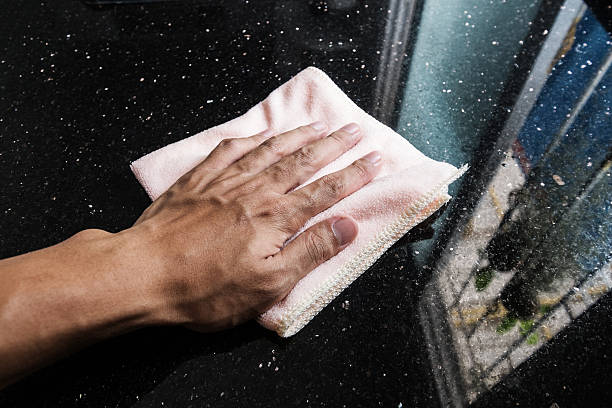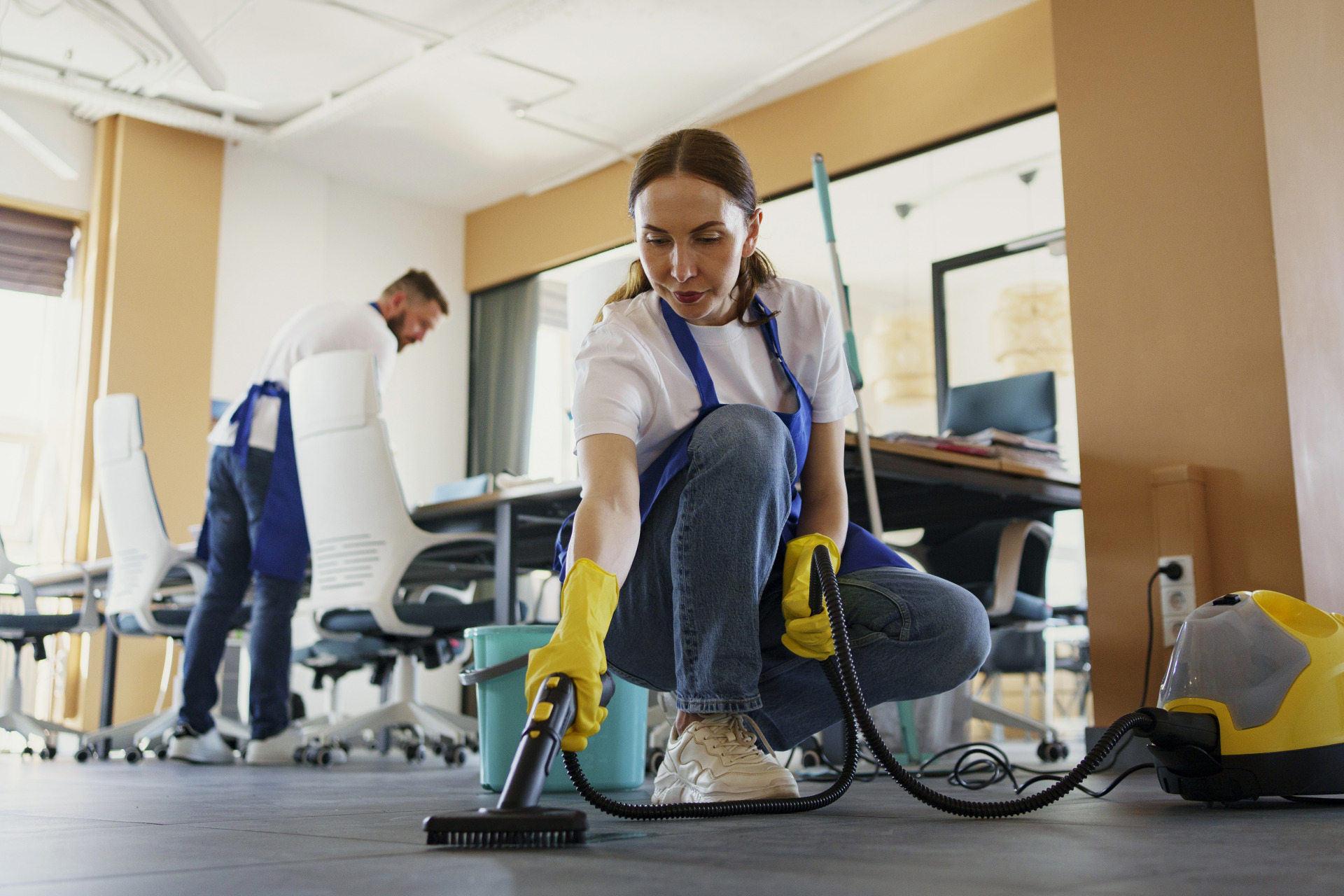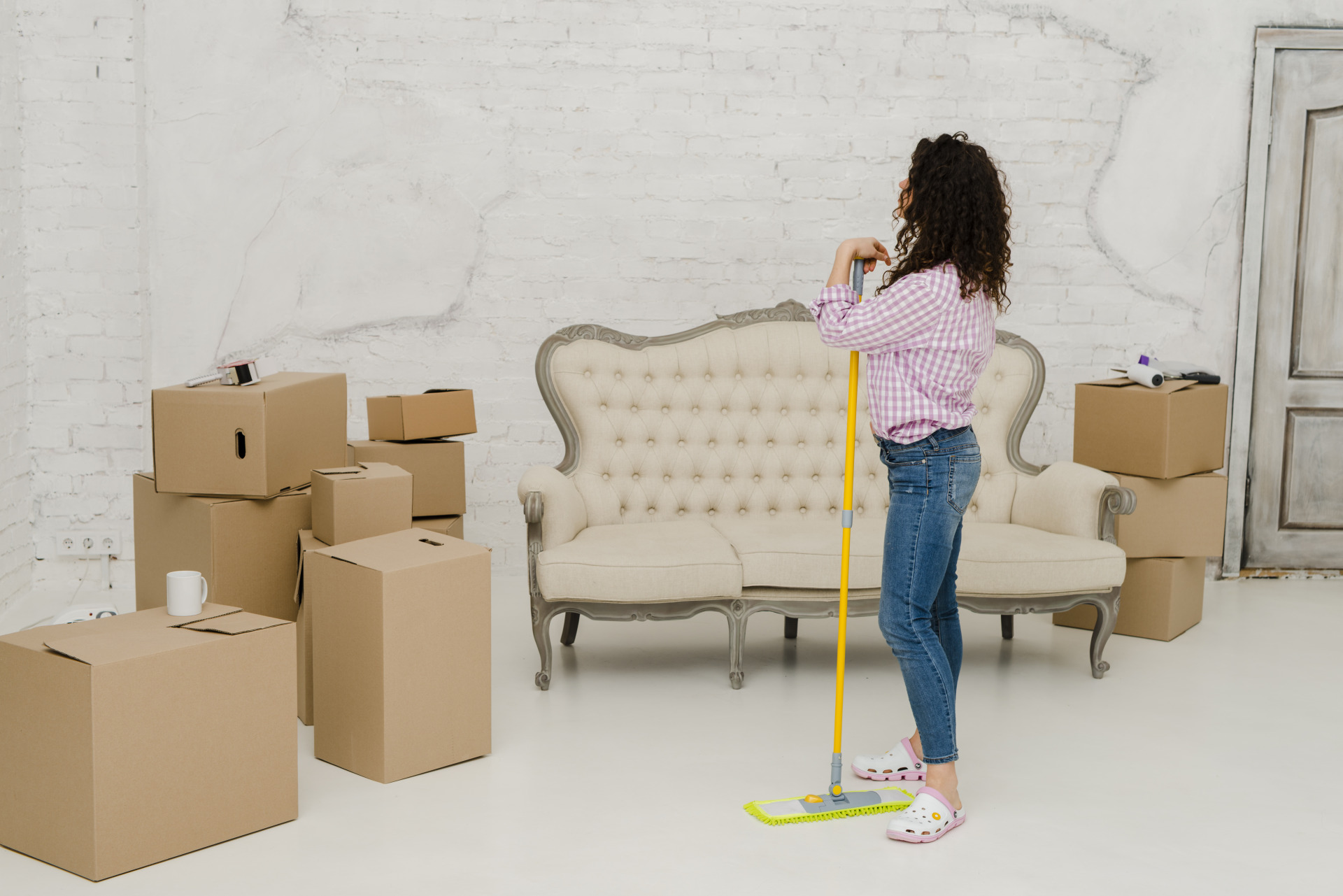Maintaining a clean and hygienic environment is crucial for our overall health and well-being. Proper cleaning practices not only make our surroundings look and smell good but also help to eliminate harmful microorganisms from our surroundings, reducing the risk of illness and disease.
However, not all cleaning practices are created equal, and improper cleaning can actually have a negative impact on hygiene. In this blog, we’ll delve deeper into how improper cleaning affects hygiene and what you can do to avoid it.
Spread of Germs

One of the most significant impacts of improper cleaning is the spread of germs. When surfaces are not cleaned properly, they can become a breeding ground for bacteria and viruses.
For example, if you clean a kitchen counter with a dirty cloth or sponge, you may actually be spreading germs around the surface instead of eliminating them. This can increase the risk of cross-contamination and lead to the spread of illness and disease.
Furthermore, certain areas, such as the bathroom and kitchen, are more susceptible to germ buildup and require extra attention when cleaning. To prevent the spread of germs, make sure to use a clean cloth or paper towel for each surface, and use a disinfectant to kill the germs effectively.
Increased Risk of Infection
Improper cleaning can also increase the risk of infection, especially in healthcare settings. Patients in hospitals and clinics are often vulnerable to infections, and if medical equipment is not cleaned and disinfected properly, it can harbor harmful pathogens that can cause infections.
Similarly, if surfaces in patient rooms are not cleaned regularly and thoroughly, they can become a breeding ground for bacteria and viruses, increasing the risk of infection.
In addition, personal hygiene practices such as washing hands frequently and covering the mouth when coughing or sneezing also play a crucial role in preventing the spread of infections.
Reduced Efficacy of Cleaning Products

Cleaning products are designed to eliminate germs and bacteria, but their effectiveness can be reduced if they are not used properly. For instance, if you dilute a disinfectant too much or don’t let it sit on a surface for the recommended amount of time, it may not be effective in killing germs. This can leave surfaces contaminated and increase the risk of illness and disease.
Therefore, it’s essential to read and follow the manufacturer’s instructions on the product label to ensure maximum effectiveness. Additionally, make sure to wear protective gear, such as gloves, when using cleaning products to protect your skin and respiratory system.
Unpleasant Odors

Improper cleaning can also lead to unpleasant odors in your home or workplace. This is because dirt, dust, and other debris can build up over time and create a musty or stale smell. Additionally, if spills or stains are not cleaned up properly, they can leave behind a lingering odor that can be difficult to eliminate.
To avoid unpleasant odors, make sure to clean regularly and use appropriate cleaning products for each surface. Additionally, make sure to address any spills or stains promptly, as letting them sit for too long can make them harder to clean.
Poor Air Quality
When surfaces are not cleaned properly, they can also contribute to poor air quality. This is because dust, dirt, and other particles can become airborne and circulate through the air. This can aggravate allergies and respiratory conditions, making it difficult to breathe and potentially leading to more serious health issues.
To improve air quality, make sure to clean and dust regularly, especially in areas that are prone to dust buildup, such as carpets and curtains. Additionally, make sure to vacuum carpets and rugs frequently, as they can harbor dust and dirt that can become airborne.
Pest Infestations

Finally, improper cleaning can also lead to pest infestations. Pests such as rodents and insects are attracted to food crumbs and other debris that can accumulate in the home. If these areas are not cleaned regularly, pests can quickly infest the area, leading to health risks and potential property damage.
To prevent pest infestations, it’s important to keep your home clean and tidy. Make sure to clean up spills and crumbs promptly, and store food in sealed containers to prevent pests from accessing it. Additionally, make sure to take out the trash regularly, as this can attract pests as well.
Conclusion
Proper cleaning practices are essential for maintaining hygiene and preventing the spread of illness and disease. Improper cleaning can have negative impacts on hygiene, such as the spread of germs, increased risk of infection, reduced efficacy of cleaning products, unpleasant odors, poor air quality, and pest infestations.
By following best practices for cleaning and disinfection, you can help to keep yourself and those around you healthy and safe. Regular cleaning, using the appropriate cleaning products and techniques, and paying attention to high-risk areas such as the kitchen and bathroom can go a long way in ensuring a clean and healthy environment.






